In 2025, businesses are relying on advanced software solutions to stay competitive, enhance productivity, and accelerate growth. Rapid innovation in cloud computing, artificial intelligence, and automation is reshaping how organizations operate. Below are the best software tools and platforms that companies are leveraging this year to achieve measurable outcomes.
1. AI-Powered Project Management Tools
Modern project management platforms like Asana AI, Monday.com, and ClickUp have integrated artificial intelligence to improve task allocation, forecast timelines, and automate routine workflows. These solutions enhance team collaboration by providing real-time insights and reducing administrative overhead.
2. Customer Relationship Management (CRM) Platforms
CRM solutions such as Salesforce Genie, HubSpot, and Zoho CRM now utilize machine learning to predict customer behavior, personalize engagement, and optimize sales pipelines. In 2025, these tools are indispensable for managing relationships and driving customer retention.
3. Cloud-Based Enterprise Resource Planning (ERP)
Platforms like SAP S/4HANA Cloud and Oracle NetSuite provide seamless integration of finance, operations, and supply chain processes. Businesses adopting these ERP systems benefit from improved data visibility and streamlined decision-making, critical for scaling efficiently.
4. Collaboration and Communication Suites
Workforce communication has evolved beyond email with solutions like Microsoft Teams Premium, Slack with AI enhancements, and Zoom Workplace. These platforms offer integrated chat, video, file sharing, and automated meeting summaries to foster effective collaboration regardless of location.
5. Cybersecurity Software
With cyber threats intensifying in 2025, tools like CrowdStrike Falcon, Palo Alto Networks Cortex XDR, and SentinelOne offer robust endpoint security, threat detection, and response automation. Businesses are prioritizing these solutions to safeguard sensitive data and comply with global privacy regulations.
6. Human Resource (HR) Management Tools
HR software like BambooHR, Workday, and Gusto help organizations manage recruitment, payroll, benefits, and performance reviews efficiently. Enhanced with analytics and employee sentiment tracking, these tools support talent retention and workforce satisfaction.
7. E-commerce and Payment Platforms
For businesses operating online stores, platforms like Shopify Plus, Adobe Commerce, and Stripe enable secure, scalable, and customizable digital storefronts. They also provide analytics to optimize customer journeys and maximize conversion rates.
8. Data Analytics and Business Intelligence (BI) Tools
Solutions like Tableau, Power BI, and Looker are empowering businesses to make data-driven decisions. With AI-driven analytics and intuitive dashboards, companies can quickly identify trends, forecast demand, and measure KPIs with precision.
9. Marketing Automation Platforms
Marketing tools such as Marketo Engage, ActiveCampaign, and Klaviyo automate campaigns across email, social media, and web, ensuring consistent brand messaging and improved ROI. AI capabilities in these platforms help in audience segmentation and content optimization.
10. Supply Chain and Logistics Software
Software like Blue Yonder, SAP IBP, and Manhattan Associates offer end-to-end visibility and optimization of supply chains. In 2025, these tools address challenges like sustainability, cost efficiency, and timely deliveries amid global disruptions.
Conclusion
The best software solutions for businesses in 2025 are intelligent, integrated, and cloud-based, enabling companies to streamline operations, enhance customer experiences, and achieve growth objectives. By investing in the right mix of tools tailored to their needs, businesses can not only improve productivity but also stay ahead in a competitive landscape.
If you’d like, I can also create an SEO meta description, structured FAQs, or internal linking suggestions to complement this article. Let me know if you need those!




